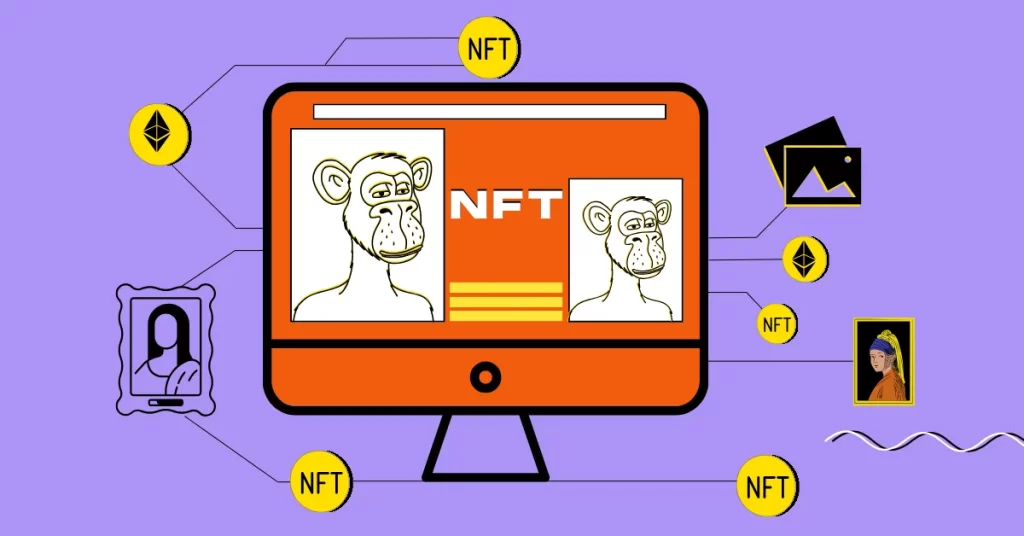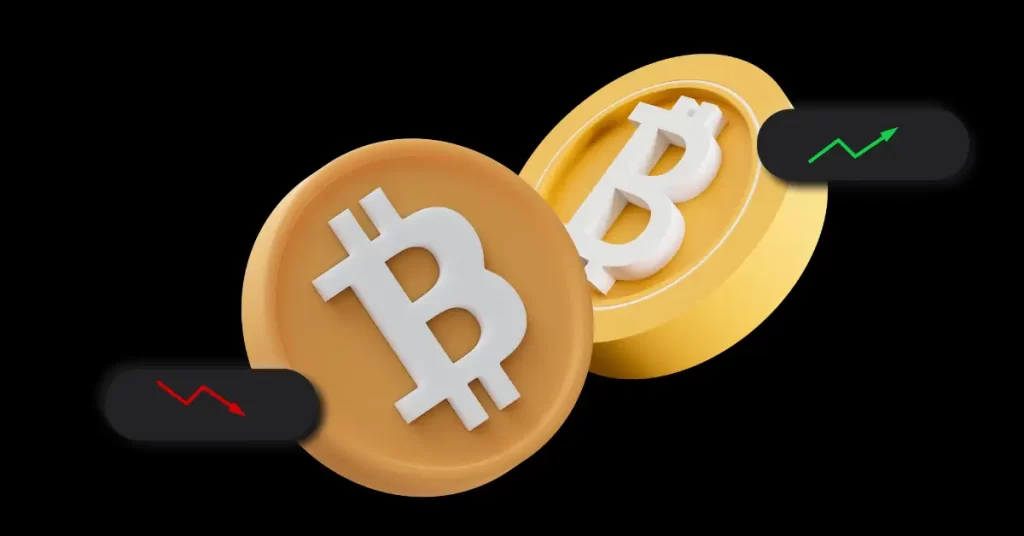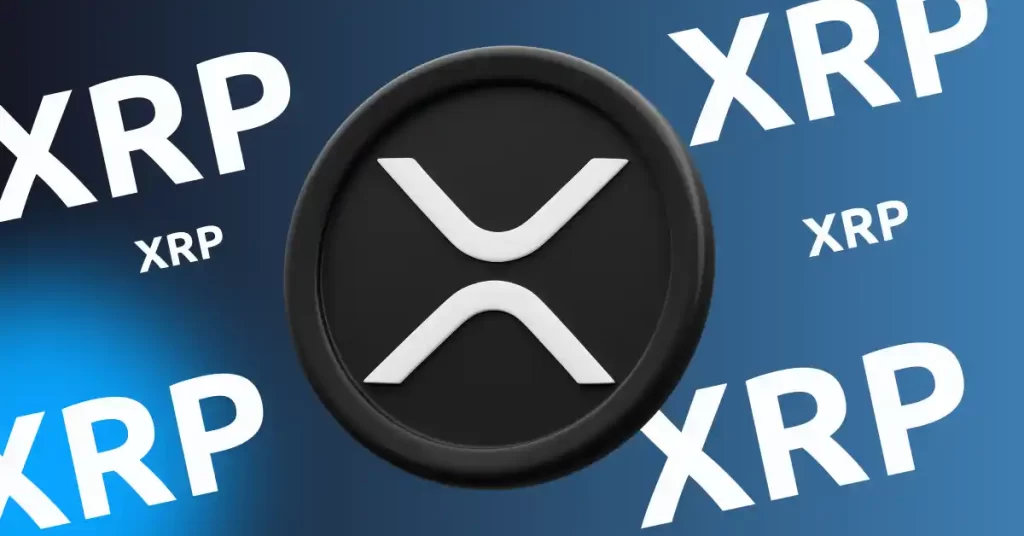Summary With Bitcoin surpassing $100,000, the Fidelity Wise Origin Bitcoin Fund is among the most prominent ETFs approved in 2024. I compare this fund to the iShares Bitcoin Trust ETF. FBTC boasts strong marketing support from Fidelity, a competitive 0.25% expense ratio, and AUM of $19.63 billion. However, its liquidity lags behind IBIT, with a higher average bid/ask spread. IBIT benefits from a "virtuous cycle," where its superior liquidity attracts frequent traders, enhancing its spread. In contrast, FBTC experiences a "vicious cycle," with declining trading activity. IBIT remains the preferred choice for investors with equal access due to its liquidity advantage. However, FBTC is a solid option for those restricted to Fidelity accounts, offering competitive exposure without major drawbacks. This is the third article in my "Bitcoin ETFs Showdown" series, where I compare various Bitcoin ETFs against the IBIT ETF. With Bitcoin ( BTC-USD ) having traded above $100,000 for the first time in early December 2024, readers might be seeking the best Bitcoin ETFs to gain exposure to this asset class. In this article, I will focus on the Fidelity Wise Origin Bitcoin Fund ( FBTC ), one of the largest Bitcoin ETFs approved earlier this year. This is the third article of my "Bitcoin ETFs Showdown" series, which I am writing as part of Seeking Alpha's outreach program. Previously, I covered the WisdomTree Bitcoin Fund ETF ( BTCW ) and the ARK 21Shares Bitcoin ETF ( ARKB ). As usual, I will compare the FBTC ETF with the iShares Bitcoin Trust ETF ( IBIT ), the largest Bitcoin ETF by assets under management ((AUM)) and one of the most liquid funds. So far, IBIT has "won" against the other two ETFs I analyzed. This series does not aim to determine whether now is the best time to invest in Bitcoin. In my view, Bitcoin remains a high-risk, asymmetric opportunity with the potential to become a global reserve asset - even after its recent bull run. Investors hesitant about Bitcoin should review its fundamentals and consider whether it aligns with their risk tolerance and long-term objectives. For a deeper dive into my Bitcoin investment thesis, you can explore more on my Seeking Alpha profile . FBTC: ETF Profile The Fidelity Wise Origin Bitcoin Fund, in my view, is one of the best-marketed Bitcoin ETFs launched this year. Fidelity's institutional webpage describes the ETF as " an easier path to crypto, " which I believe perfectly captures the reason why I think most investors should prefer ETFs for Bitcoin exposure: ease of use. This said, I recognize hardcore Bitcoin enthusiasts might take issue with the use of "crypto" instead of "Bitcoin" in that prominent sentence at the top of the page. This terminology comes from Fidelity's broader offerings in terms of crypto funds, including their recently launched Ethereum ETF, featured on their Crypto Funds webpage . Terminology aside, I see Fidelity as an active promoter of its FBTC ETF. They claim that "Fidelity has been researching bitcoin and developing blockchain solutions since 2014", and provide a series of videos where Fidelity experts discuss the evolution of Bitcoin and cryptocurrencies. Their prospectus for FBTC is also very detailed and conveniently available in one location, updated to its latest issue. This, in my opinion, contrasts with other Bitcoin ETFs, such as BTCW and ARKB, which I covered recently. Considering Bitcoin's somewhat exotic nature as an asset class, I view it as a positive when issuers actively promote their Bitcoin funds. FBTC uses Coinbase as a custodian, like IBIT and almost all Bitcoin ETFs in the market. This represents a core risk of investing in Bitcoin via ETFs - something I covered in my past articles and I will cover again for FBTC in the risk section. I find FBTC's prospectus to provide a great amount of detail about the risks and characteristics of a custodian setup for Bitcoin. For example, this is what Fidelity states in relation to security custodian risk: The Trust could experience unforeseen issues relating to the performance and effectiveness of the security procedures used to protect the Trust's account with the Custodian Another great example of how detailed Fidelity's prospectus is concerns their statement in relation to a hard fork event on the Bitcoin blockchain: In the event of a hard fork of the Bitcoin network, the Sponsor will, as permitted by the terms of the Trust Agreement, use its sole discretion to determine, in good faith, which peer-to-peer network, among a group of incompatible forks of the Bitcoin network… Readers unfamiliar with the concept of a "hard fork" may find it helpful to refer to one of my earlier articles on Bitcoin, where I explain this term and discuss how the 2017 Bitcoin Cash hard determined Bitcoin's rise as a reserve asset rather than a digital currency. Key metrics at a glance The FBTC ETF has the following key metrics at the time of writing: Expense ratio of 0.25%, with no waiver for any holding period or timeline. Asset Under Management of $19.63 billion - the third-largest Bitcoin ETF at the time of writing, only behind the Grayscale Bitcoin Trust ETF ( GBTC ) by a few million. Average Bid/Ask Spread of 0.039%. Average Daily Trading Volume of $342 million. Overall, I consider FBTC an excellent Bitcoin ETF with solid liquidity and a reasonable expense ratio. While it does lag behind IBIT in terms of liquidity (as I will describe in the next section), I believe it offers a viable option for investors seeking Bitcoin exposure. In particular, investors limited to FBTC - such as those with Fidelity retirement accounts - should, in my opinion, find it a suitable choice without the need to pursue access to IBIT. FBTC vs. IBIT IBIT vs. FBTC, key metrics (Author's elaboration of data from Seeking Alpha, ETF.com) The table above compares the key metrics of FBTC and IBIT. While both ETFs are substantial in terms of AUM, IBIT is clearly pulling ahead, boasting more than double FBTC's assets under management. Interestingly in my view, FBTC's daily trading volume has dropped by nearly 50% over the past three months, even as its AUM grew by 71%. In contrast, IBIT has seen a 30% increase in daily trading volume. This is due to IBIT's liquidity virtuous cycle: as the largest and most liquid Bitcoin ETF, IBIT attracts frequent traders, which further enhances its liquidity in the form of a better Bid / Ask Spread. This liquidity also benefits less active investors through tighter spreads. On the contrary, FBTC - like most other Bitcoin ETFs - is the victim of a vicious cycle: as frequent traders gravitate toward the more liquid IBIT, FBTC's average Bid/Ask spread gradually increases, making the ETF less competitive over time. FBTC's main drawback-shared by nearly all Bitcoin ETFs-is exactly its higher average spread compared to IBIT. While this isn't necessarily a dealbreaker, I would advise investors with equal access to both funds to favor IBIT. This trend aligns with my earlier observations: IBIT is rapidly solidifying its position as the leading Bitcoin ETF, widening the gap with competitors. To remain competitive, other issuers may eventually need to reconsider their strategies when it comes to Bitcoin ETFs. I believe that Fidelity, with its robust marketing support for FBTC and significant presence in the US market, can afford to adopt a wait-and-see approach. After all, this fund has experienced a substantial increase in AUM since its launch just a few months ago. Conclusion The FBTC ETF is, in my view, the closest competitor to IBIT today. While it is still only the third-largest Bitcoin ETF by AUM, I find it likely it will take over GBTC in the upcoming months. That's because GBTC's expense ratio, at 1.50%, makes it fundamentally not competitive with other Bitcoin funds. The only drawback of FBTC is its Bid/Ask Spread, which is almost double that of IBIT. This is due to the virtuous cycle in which IBIT is preferred for active trading of Bitcoin due to its higher liquidity, further increasing its liquidity as a result. For investors who have equal access to FBTC and IBIT, I recommend IBIT due to the better Average Bid/Ask Spread. Investors who only can access FBTC, for example, because they have a retirement account with Fidelity, can feel free to choose this ETF, as the difference in liquidity is marginal in my view. Risks to Investing in Bitcoin ETFs and FBTC I do not see any major risks specific to FBTC relative to other Bitcoin ETFs. This fund shares Coinbase as a custodian with most competitors, it has a competitive expense ratio and its liquidity metrics are not that low to be specifically concerning, in my view. However, investing in Bitcoin remains a speculative bet on its potential evolution into a global reserve asset. While I personally find this opportunity compelling, it is the primary risk for investors considering FBTC or any Bitcoin ETF, and it warrants careful evaluation. Another significant risk for Bitcoin ETFs is their reliance on custodians. Funds like FBTC depend on custodians such as Coinbase to securely hold their Bitcoin. Any fraudulent activity or security breach involving the custodian could result in substantial losses for investors. The reliance on a single custodian concerns FBTC as well as most other Bitcoin ETFs.















